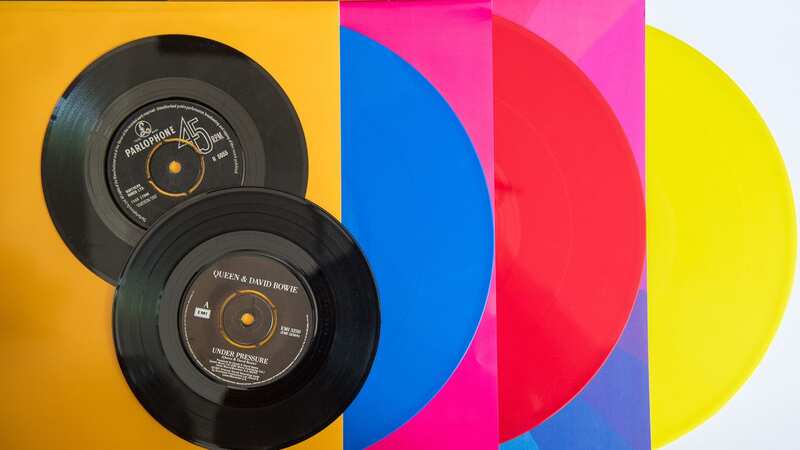

Vinyl records are back in the basket of goods that the Office for National Statistics (ONS) uses to measure inflation, while a pint of Guinness and bottles of hand sanitiser are out.
The ONS has said it's updating its list which hasn't included vinyl for 32 years. Air fryers have also been added to the list.
Every month, the ONS calculates how prices for British households are rising or falling. They do this using what they call a "basket" of over 740 products and services that they think consumers buy regularly. Over time, these items change depending on what's popular.
For example, in 1992, as CDs and cassettes became more fashionable, the ONS took vinyl records off the list. But now, after more than three decades, vinyl is cool again and it's got its spot back on the list, with cassettes nowhere in sight!
There's also a new addition due to the energy issue - the air fryer. As energy bills grew bigger, people looked for lower-energy ways to cook, and manufacturers say this is exactly what the air fryer does.
 Shop prices 'are yet to peak and will remain high' as inflation hits new heights
Shop prices 'are yet to peak and will remain high' as inflation hits new heights
Hand sanitiser has been removed from the list of items that have changed price. It was added to the basket last year because the Covid-19 pandemic made us buy it a lot. Sometimes things are taken off the list not because we're buying less of them, but because those who check the prices don't need to look at each thing carefully.
That's what happened with Guinness. This year they've stopped looking at the price of draught stout because its cost often goes up or down at the same time as draught bitter. So they decided they don't need to follow both.
New things on the list this year include gluten-free bread, rice cakes, sunflower and pumpkin seeds, and ladies' socks. Some other things have been taken off the list such as popcorn, loose cooked ham, hot chicken from a rotisserie, sofa beds since pull-out beds are getting more common, and bakeware.
Matt Corder, who helps decide prices for ONS, said: "Our inflation basket of goods offers a fascinating snapshot of consumer spending through the years. Often the basket reflects the adoption of new technology, but the return of vinyl records shows how cultural revivals can affect our spending."
"We are also seeing the impact of the pandemic fading from the basket with the removal of hand sanitiser due to decreased demand. Healthier lifestyle products continue to influence consumer choice reflected by the addition of the air fryer, spray oils and rice cakes as well as sunflower and pumpkin seeds."